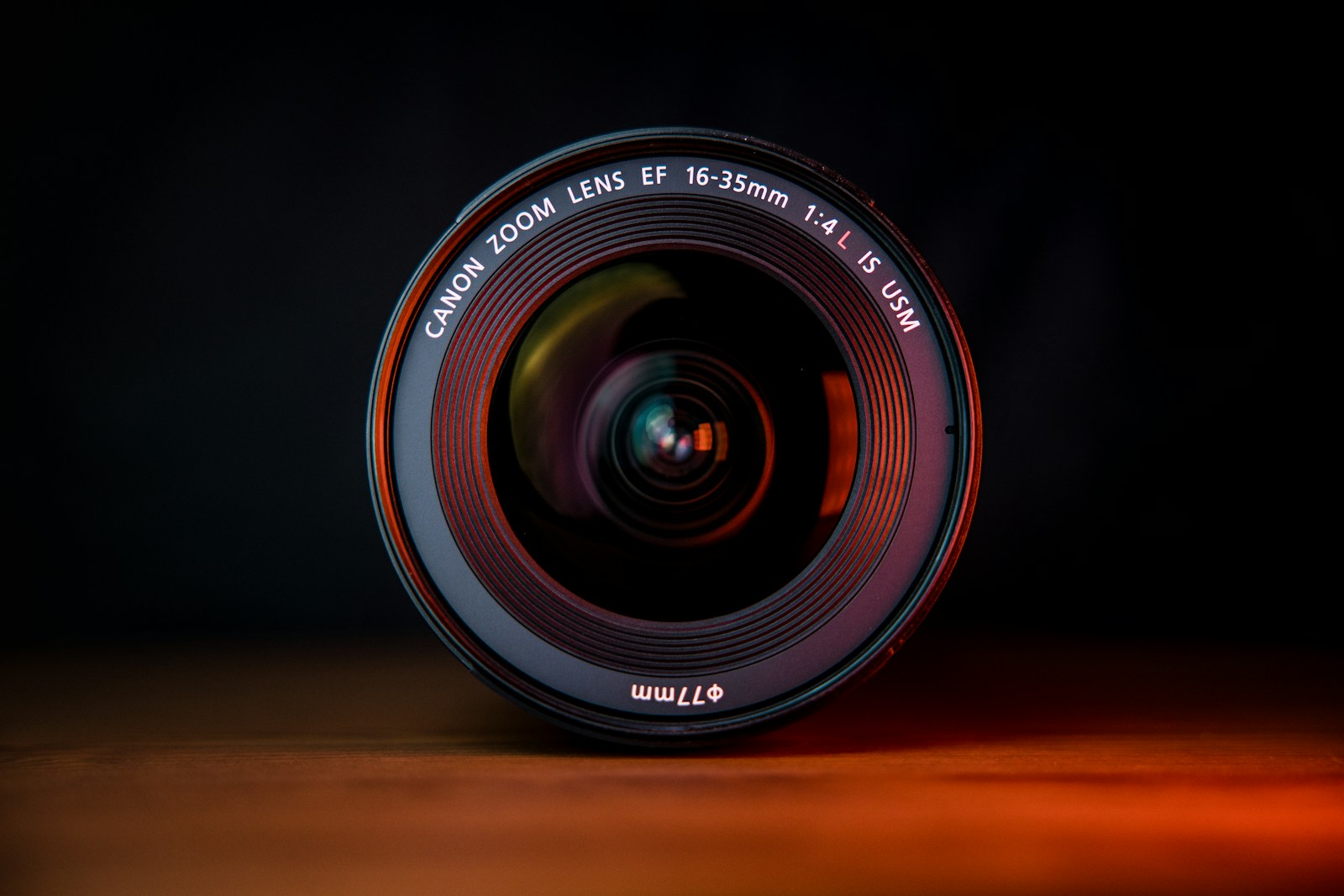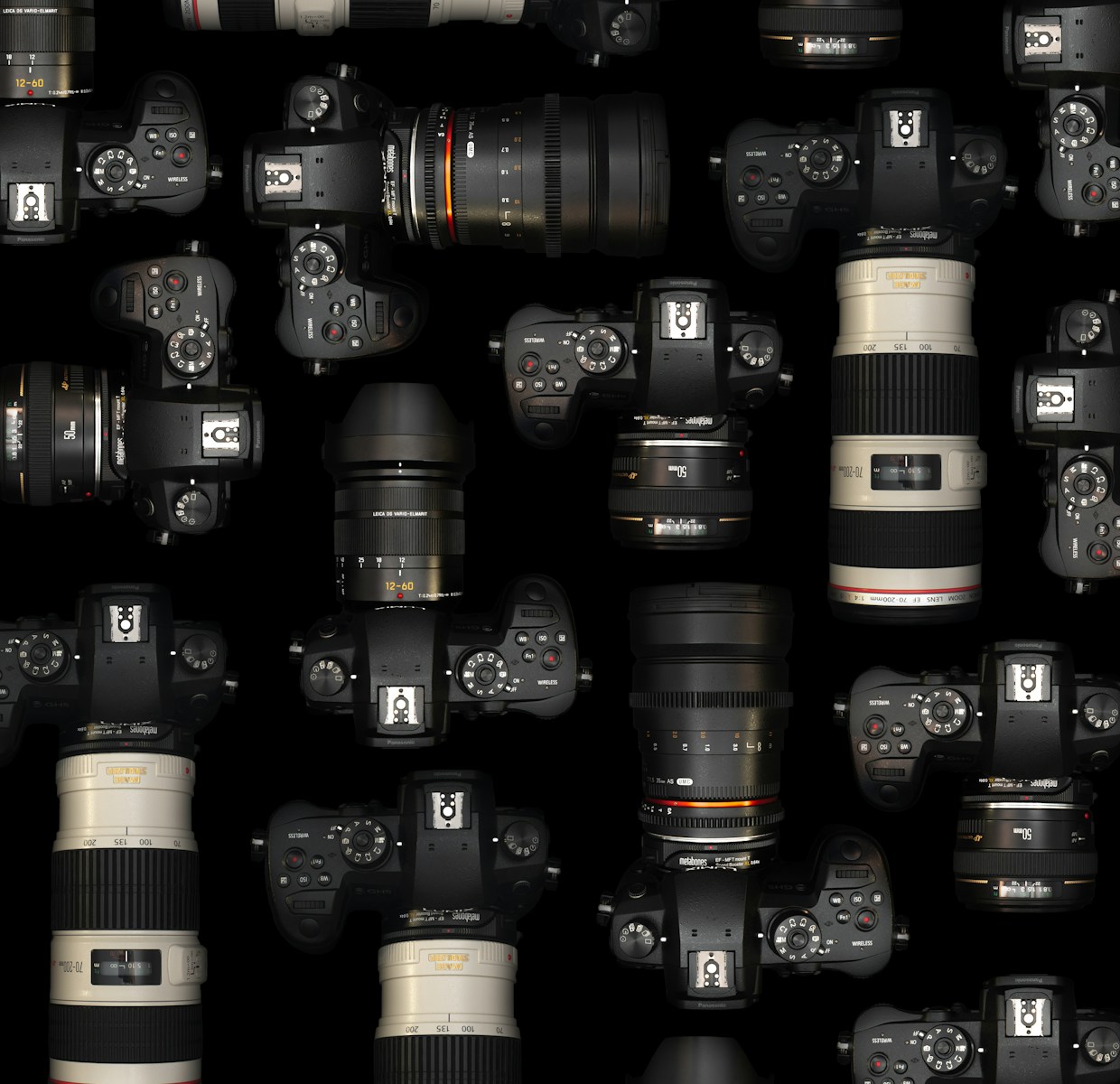
The Ultimate Guide to Cleaning and Storing Your Camera Gear
As a photographer, your camera gear is your livelihood. Whether you’re a seasoned professional or an enthusiastic amateur, keeping your equipment in top-notch condition is crucial. Dirty lenses, dusty sensors, and improperly stored gear can ruin your photos and shorten the lifespan of your equipment. In this guide, we’ll dive deep into the best practices for cleaning and storing your camera gear to ensure it remains in pristine condition for years to come.
Why Proper Care Matters
Before we get into the nitty-gritty of cleaning and storing, let’s talk about why it’s so important. Your camera and lenses are precision instruments. Dust, dirt, and moisture can cause serious damage, affecting both the performance and longevity of your equipment. Regular maintenance not only helps prevent costly repairs but also ensures that every photo you take is sharp and clear.
Cleaning Your Camera Body
Essential Tools
To clean your camera body, you’ll need a few basic tools:
- Microfiber Cloths: Soft and non-abrasive, perfect for wiping down surfaces.
- Air Blower: For gently removing dust from hard-to-reach areas.
- Soft Brushes: Ideal for brushing off dust and dirt without scratching.
- Lens Pen: A versatile tool with a brush on one end and a cleaning tip on the other.
Step-by-Step Cleaning Process
- Power Off and Detach: Always turn off your camera and remove the lens before cleaning. This prevents accidental damage and gives you better access to all parts.
- Blow Away Dust: Use the air blower to remove loose dust and debris from the camera body, paying special attention to crevices and the lens mount area.
- Brush Gently: Use a soft brush to sweep away any remaining dust. Be gentle to avoid scratching the surface.
- Wipe Down: Dampen a microfiber cloth with a small amount of distilled water or a camera-safe cleaning solution. Wipe the exterior of the camera body, avoiding any openings.
- Clean the LCD: Use a separate, dry microfiber cloth to clean the LCD screen. If necessary, use a screen-safe cleaner.

Cleaning Your Lenses
Essential Tools
Cleaning lenses requires a delicate touch and the right tools:
- Lens Cleaning Solution: Specially formulated to clean without damaging coatings.
- Lens Tissues or Cloths: Designed to clean lenses without leaving residue.
- Air Blower and Lens Pen: For dust removal and polishing.
Step-by-Step Cleaning Process
- Blow Off Dust: Use the air blower to remove loose dust from the lens surface.
- Brush Lightly: Use the brush end of the lens pen to gently remove any remaining particles.
- Apply Cleaning Solution: Apply a few drops of lens cleaning solution to a lens tissue or cloth, not directly on the lens.
- Wipe in Circles: Gently wipe the lens in a circular motion, starting from the center and moving outward.
- Polish: Use the cleaning tip of the lens pen or a dry lens cloth to polish the lens surface, removing any streaks or residue.
Cleaning the Sensor
Cleaning the sensor is a delicate process best left to professionals if you’re unsure. However, if you choose to do it yourself, here’s how:
Essential Tools
- Air Blower: For gently blowing away dust.
- Sensor Cleaning Swabs: Designed specifically for camera sensors.
- Sensor Cleaning Solution: A few drops go a long way.
Step-by-Step Cleaning Process
- Lock Up the Mirror: Refer to your camera manual on how to lock up the mirror for sensor cleaning.
- Blow Away Dust: Use the air blower to remove loose dust from the sensor.
- Apply Solution: Apply a few drops of sensor cleaning solution to the swab.
- Swipe Once: Gently swipe the sensor with the swab in one smooth motion. Avoid going back and forth.
- Check and Repeat: Check the sensor under good light. If necessary, repeat with a new swab.

Storing Your Camera Gear
Proper storage is just as important as cleaning. Here’s how to store your gear to protect it from dust, moisture, and damage.
Choosing the Right Storage Environment
- Dry and Cool: Store your gear in a dry, cool place to prevent mold and moisture damage.
- Avoid Direct Sunlight: Prolonged exposure to sunlight can damage your equipment.
- Use Silica Gel: Place silica gel packets in your storage area to absorb moisture.
Storage Options
- Camera Bags and Cases: Use padded camera bags or cases with adjustable compartments to keep your gear secure and organised.
- Shelves and Cabinets: For home storage, consider dust-proof cabinets or shelves with glass doors.
- Lens Caps and Body Caps: Always use lens caps and body caps to protect the inside of your camera and lenses from dust.
Long-Term Storage Tips
- Remove Batteries: Take out batteries to prevent corrosion and leakage.
- Store Desiccants: Keep desiccants like silica gel in your storage area to control humidity.
- Regular Check-Ups: Periodically check your stored gear to ensure it’s in good condition and free from mold or dust.
Conclusion
Maintaining your camera gear through proper cleaning and storage is essential for any photographer who values their equipment. By following these detailed steps and using the right tools, you can keep your camera and lenses in excellent condition, ensuring they perform at their best for every shoot. Invest the time and effort into caring for your gear, and it will reward you with years of reliable service.

One Comment
Chloe Simmons
Your advice on gear maintenance is something every photographer should know. Thanks for sharing!